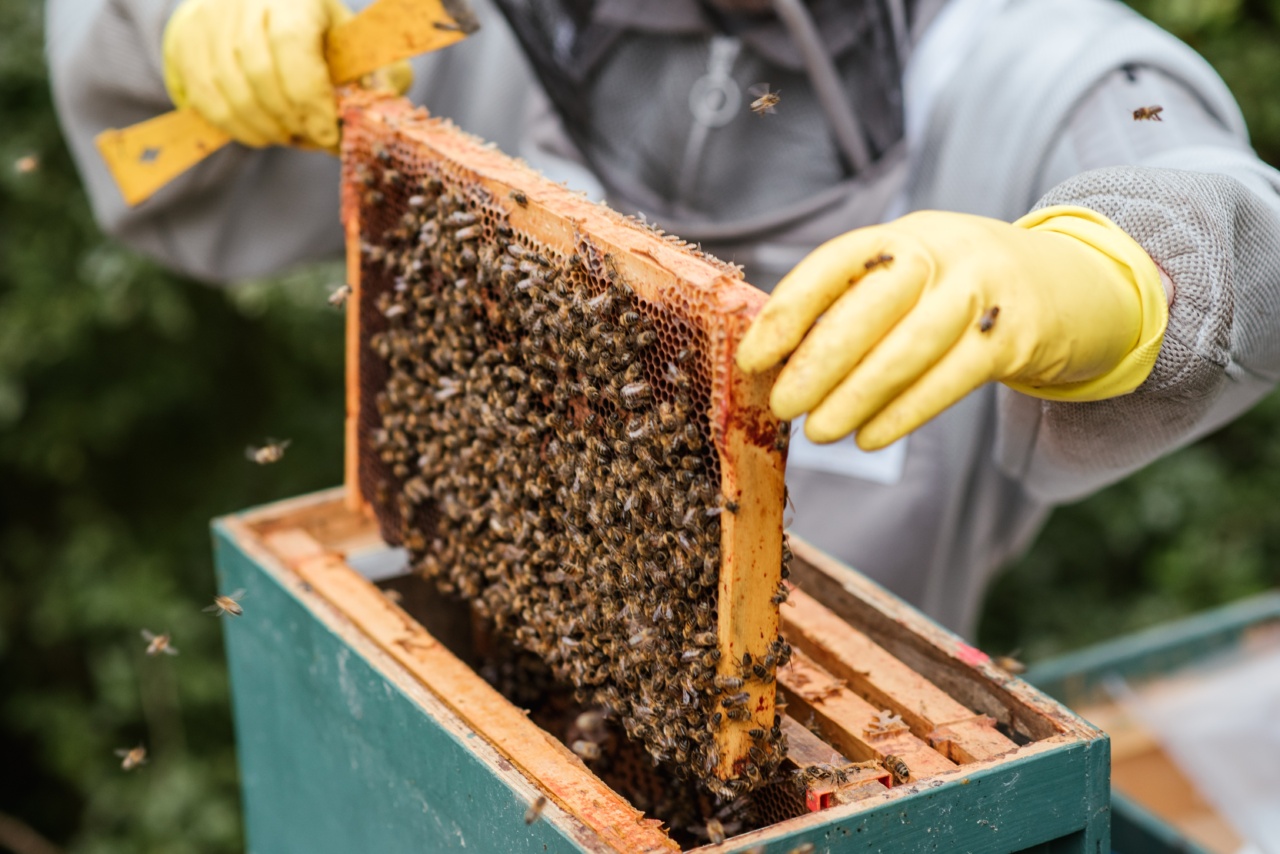In today’s fast-paced world, convenience often takes precedence over health. As a result, many of the foods we consume have been altered in some way to meet modern demands.
While altered foods may seem harmless, they come with a host of potential dangers that cannot be ignored. This article will explore the various risks associated with consuming altered foods and why we should be wary of their impact on our health.
What are Altered Foods?
Altered foods, also known as genetically modified (GM) foods or genetically engineered (GE) foods, are products that have been manipulated at the genetic level.
Scientists use biotechnology techniques to introduce genes from one organism into another, resulting in altered characteristics or enhanced traits. These modified foods are often mass-produced and widely available in supermarkets, making them a staple in many people’s diets.
The Pesticide Peril
One of the most significant dangers associated with altered foods lies in the heavy use of pesticides. Genetically modified crops, such as corn and soybeans, are often engineered to be resistant to particular herbicides.
This means that farmers can spray large amounts of pesticides directly onto these crops without killing them. While this may increase crop yields and reduce the need for labor-intensive pest control, it poses a severe risk to consumers.
The excessive use of pesticides has been linked to numerous health issues, including various types of cancer, neurological disorders, reproductive problems, and hormonal imbalances.
The residues from these chemicals can linger on altered foods, making their way into our bodies when we consume them. This constant exposure to pesticides has the potential to wreak havoc on our health over time.
Allergic Reactions and Sensitivities
Another danger of altered foods lies in their potential to trigger allergic reactions and sensitivities. When genes from one organism are introduced into another, new proteins are produced.
These proteins can be different from those found naturally in the original organism, potentially leading to the introduction of new allergens.
Consuming altered foods can be particularly risky for individuals with existing food allergies or sensitivities. The introduction of new proteins could cause unexpected and severe reactions, which may be difficult to identify and treat.
Even those without known allergies may develop sensitivities to altered foods over time, leading to discomfort and potential health problems.
The End of Biodiversity
The widespread adoption of altered foods has significant implications for biodiversity. Traditional farming practices centered around crop diversity and the preservation of heirloom varieties.
However, with the rise of genetically modified crops, these diverse strains are rapidly being replaced with a small number of patented, genetically modified seeds.
This loss of biodiversity poses a significant threat to our food system. A lack of genetic diversity makes crops more vulnerable to pests, diseases, and changing environmental conditions.
It also limits the nutritional variety available in our diets, potentially leading to deficiencies and related health problems.
Unknown Long-Term Health Effects
One of the most concerning aspects of altered foods is the lack of long-term studies assessing their effects on human health.
While many countries require safety assessments before genetically modified crops are approved for consumption, these assessments are often conducted by the same companies that stand to profit from the sale of altered foods.
As a result, independent research on the long-term health effects of altered foods is limited. Without comprehensive studies, we cannot fully understand the potential risks they pose to our well-being.
It is unsettling that altered foods have become so pervasive in our diets, yet we have limited knowledge of their long-term impact on our health.
Environmental Concerns
The dangers of altered foods extend beyond human health. The widespread cultivation of genetically modified crops can have adverse effects on the environment.
For example, the use of herbicide-resistant crops has led to the emergence of superweeds that are resistant to these chemicals.
To combat superweeds, farmers often resort to using even stronger herbicides, further exacerbating the cycle of pesticide use and potential harm to the environment.
Additionally, altered crops can crossbreed with wild relatives, leading to the spread of modified genes and altering the genetic makeup of natural ecosystems.
Lack of Transparency and Consumer Choice
Consumers have the right to know what they are eating and make informed choices about the foods they purchase. However, the labeling of genetically modified foods remains a contentious issue in many parts of the world.
Without clear and transparent labeling laws, consumers are unable to distinguish between altered and non-altered foods easily.
This lack of transparency hinders individuals’ ability to make choices that align with their values and health concerns.
It also prevents long-term studies on the effects of altered foods on human health, as it becomes challenging to track potential adverse reactions or developments accurately.
The Need for Further Research and Regulation
To address the various dangers associated with altered foods, it is crucial to prioritize comprehensive and independent research.
Informed decisions should be made based on scientific evidence that considers not only short-term impacts but also the long-term effects on human health and the environment.
Regulations surrounding genetically modified foods should also be strengthened to ensure consumer safety. Clear labeling laws need to be implemented and enforced to enable individuals to make educated choices about the foods they consume.
Additionally, stronger controls should be placed on the use of pesticides and herbicides in agriculture to minimize potential health risks.
Eating Responsibly
While the dangers of altered foods may be cause for concern, it is essential to remember that not all genetically modified crops are inherently harmful.
Genetic engineering has the potential to offer various benefits, such as increased crop yields and improved nutritional profiles.
However, we must approach altered foods with caution and a critical eye. It is crucial to advocate for further research, regulation, and transparency in the production and labeling of genetically modified foods.
By doing so, we can ensure a safer and more sustainable food system for future generations.































